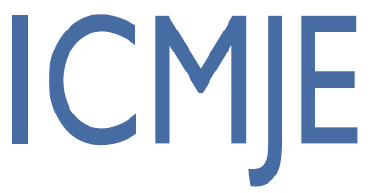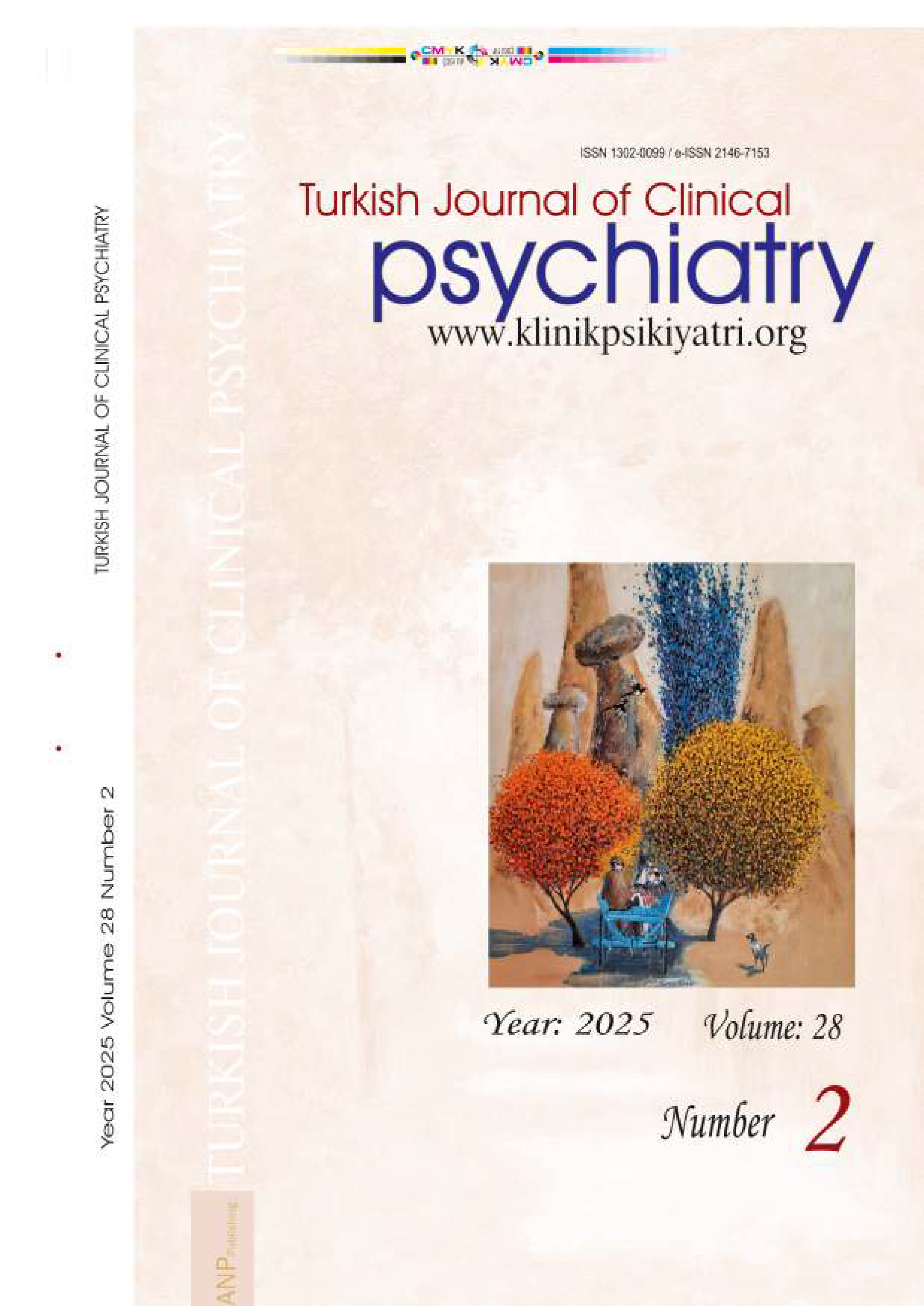





Distress and related factors in patients with papillary thyroid cancer just before the radioactive iodine therapy: Does perceived social support predict distress? (eng)
Hayriye Dilek Hamurcu1, İbrahim Özer2, Gülin Uçmak3, Ali Çayköylü4, Özgür Ahmet Yüncü51Department of Psychiatry, Dr. Abdurrahman Yurtaslan Oncology Research and Training Hospital, Ankara, Turkey2Psychiatry Clinic, Afyonkarahisar State Hospital, Afyon, Turkey
3Department Of Nuclear Medicine, University Of Health Sciences, Abdurrahman Yurtaslan Oncology Research And Training Hospital, Ankara, Turkey
4Department Of Psychiatry, Ankara Yıldırım Beyazıt University Medical Faculty, Ankara, Turkey
5Psychiatry Clinic, İzmir Buca Seyfi Demirsoy Research And Training Hospital, İzmir, Turkey
INTRODUCTION: Since radioactive iodine therapy (RIT) applied in the treatment of patients with papillary thyroid cancer requires isolation, the distress in this period is a difficult issue for the clinician to cope with. Therefore, we aimed to address the prevalence of distress just before RIT, to examine some sociodemographic and clinical factors associated with distress, and to determine the relationship between distress and perceived social support.
METHODS: Methods: Psychiatric examination of 143 patients was performed. Distress thermometer (DT), hospital anxiety depression scale, The Multidimensional Scale of Perceived Social Support (MSPSS) were applied. Those with a cut-off score of 4 and above in DT were included in the distressed group.
RESULTS: The prevalence of distress was 78%. Those with distress had more psychopathology, low and high income, comorbid physical illness, higher anxiety and depression scores, and lower MSPSS scores. Family problems, physical problems and depressive symptoms were predictors of distress.
DISCUSSION AND CONCLUSION: Prevalence of distress is high among thyroid cancer patients just before RIT. Since psychopathology, anxiety, and depressive symptoms are more common in D group, the clinician's request for psychiatric consultation before RIT will facilitate coping with the distress during the isolation process. On the other hand, family problems, which can be considered as the negative aspect of social support, seem to predict distress. Since physical problems and depressive symptoms also predict distress, it is important to consider the medical and psychosocial factors as a whole when assessing the patient's distress.
Papiller tiroid kanserli hastalarda radyoaktif iyot tedavi öncesi distres ve ilişkili faktörler: Algılanan sosyal destek distresi predikte eder mi? (eng)
Hayriye Dilek Hamurcu1, İbrahim Özer2, Gülin Uçmak3, Ali Çayköylü4, Özgür Ahmet Yüncü51Dr. Abdurrahman Yurtaslan Onkoloji Eğitim ve Araştırma Hastanesi, Psikiyatri Kliniği, Ankara, Türkiye2Afyonkarahisar Devlet Hastanesi, Psikiyatri Kliniği, Afyon, Türkiye
3Dr. Abdurrahman Yurtaslan Onkoloji Eğitim Ve Araştırma Hastanesi, Nükleer Tıp Kliniği, Ankara, Türkiye
4Ankara Yıldırım Beyazıt Ünv. Tıp Fak., Psikiyatri Kliniği, Ankara, Türkiye
5İzmir Buca Seyfi Demirsoy Eğitim Ve Araştırma Hastanesi Psikiyatri Kliniği, İzmir, Türkiye
GİRİŞ ve AMAÇ: Papiller tiroid kanserli hastaların tedavisinde uygulanan Radyoaktif iyot tedavisi (RIT) izolasyon gerektirdiğinden bu dönemdeki distres klinisyenin baş etmekte zorlandığı bir konudur. Bu nedenle, RIT öncesinde distres prevalansını ele almayı ve distres ile ilişkili bazı sosyodemografik ve klinik faktörleri incelemeyi, distres ile algılanan sosyal destek arasındaki ilişkiyi belirlemeyi amaçladık.
YÖNTEM ve GEREÇLER: 143 hastanın psikiyatrik muayenesi yapıldı. Distres termometresi (DT), Hastane Anksiyete Depresyon ölçeği (HADÖ), Çok Boyutlu Algılanan Sosyal Destek Ölçeği (ÇBASDÖ) uygulandı. DT'de kesme puanı 4 ve üzerinde olanlar distres (D) grubuna dahil edildi.
BULGULAR: Distres yaygınlığı %78 idi. Distresi olanlarda düşük ve yüksek gelir, ek fiziksel hastalık, psikopatoloji daha fazla, anksiyete ve depresyon puanları daha yüksek, ÇBASDÖ puanları daha düşüktü. Aile sorunları, fiziksel sorunlar ve depresif semptomlar distresi predikte etmekteydi.
TARTIŞMA ve SONUÇ: Tiroid kanseri hastalarında RIT'den hemen önce distres prevalansı yüksektir. Distresi olanlarda psikopatoloji, anksiyete ve depresif belirtiler daha sık görüldüğünden klinisyenin RIT öncesi psikiyatri konsültasyonu istemesi izolasyon sürecinde distres ile baş etmeyi kolaylaştıracaktır. Sosyal desteğin olumsuz yönü olarak değerlendirilebilecek aile sorunlarının distresi yordadığı görülmektedir. Fiziksel sorunlar ve depresif semptomlar da distresi predikte ettiğinden, distresi değerlendirirken tıbbi ve psikososyal faktörlerin bir bütün olarak ele alınması önemlidir.
Manuscript Language: English
(1184 downloaded)










